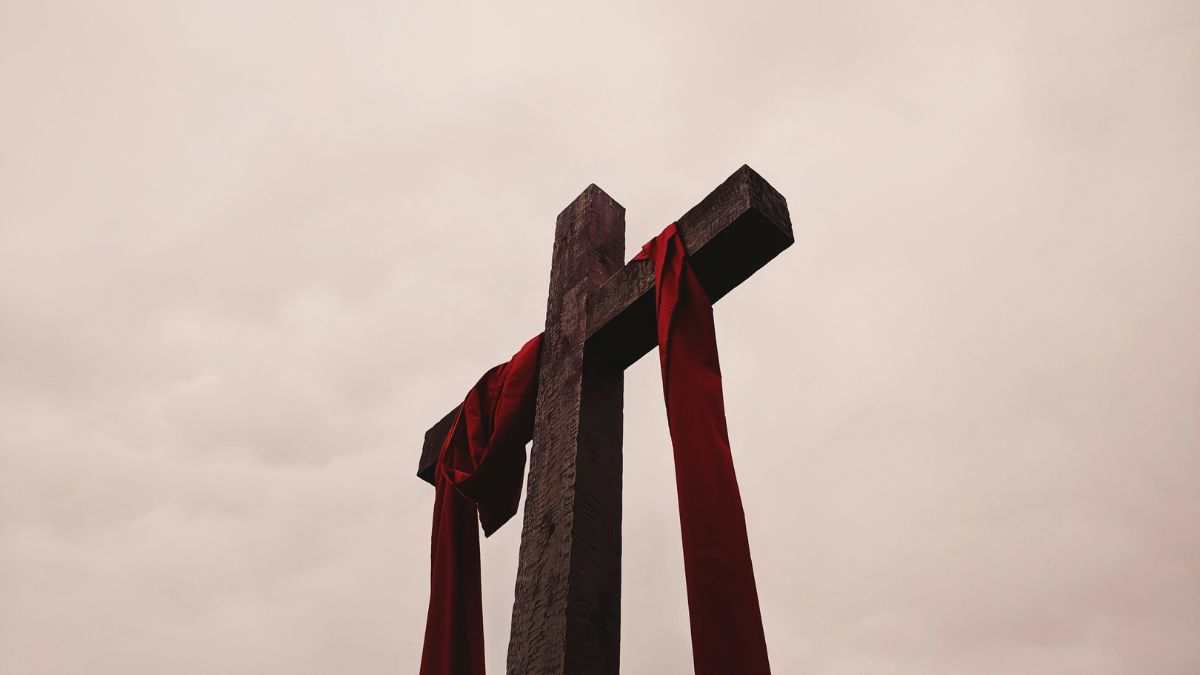

BreakPoint
False Dichotomies
I was with a close friend in politics recently and I asked him how he makes decisions on votes. "My job," he replied, "is to do the greatest good for the greatest number." Well, that sounds fair, that sounds like democracy—what John Stuart Mill said we ought to achieve. But it's precisely what's wrong with American politics and why increasing numbers of Americans feel alienated from their own government. I pressed my friend a little further. "What do you do about moral issues—that is, laws which are true whether the public supports them or not?" "Oh," he chuckled, "I don't try to mix moral issues with politics." His answer reminded me of a story Jim Dobson tells about meeting one of the Republicans running for president in 1996. Dobson pleaded with him to embrace a moral agenda. The senator said, "Dr. Dobson, I'm running for president—not preacher." But this false dichotomy—this separation of politics and morality—is at the heart of the deterioration of our political process. To understand why, we have to get to the very definition of politics. Aristotle described politics as a question of how we order our common lives together. If you think about it, put that way, politics by its very nature raises intensely moral questions. For example, if we decide to outlaw murder, that's a moral issue. Or if the state defines what marriage is—whether it is a heterosexual union or simply any two parties agreeing to live together—that, too, is a profoundly moral question. The fact is politics and morality cannot be divorced from one another because the guiding impetus for all political determination is itself a moral question: How ought we to live? But tragically, the majority of politicians today—including those who ought to be friends of those of us who believe in traditional moral values—are attempting to separate morality from politics. They’re doing this even though pollsters tell us that fifty percent of Americans are most concerned, not with the economy or about war, but with losing their cherished moral traditions. And the politicians say that’s not their business? Our Founding Fathers would have been horrified at this. They created a republican form of government—not a direct democracy, but one in which we elect representatives: men and women who govern with noble aspirations. These representatives were to put moral truth ahead of the mass passions of the moment—or for that matter, the preaching of the editorial page writers. They were expected to be concerned with how we ought to order our common lives together, about what is right and just—not just simply with what the majority demands or what focus groups tell us. The loss of this classic understanding of politics has left our country with leaders who follow polls, not principles. Recently I listened to a tape of a talk by my good friend Jim Dobson. It was a deeply personal and passionate indictment of the loss of political will, particularly among those who are supposed to be our friends. For only if we understand the nature of the current political crisis, then, perhaps, will the vast majority of Americans who do deeply care about moral traditions once again educate and with God's grace, embolden those who lead us.
02/23/98















